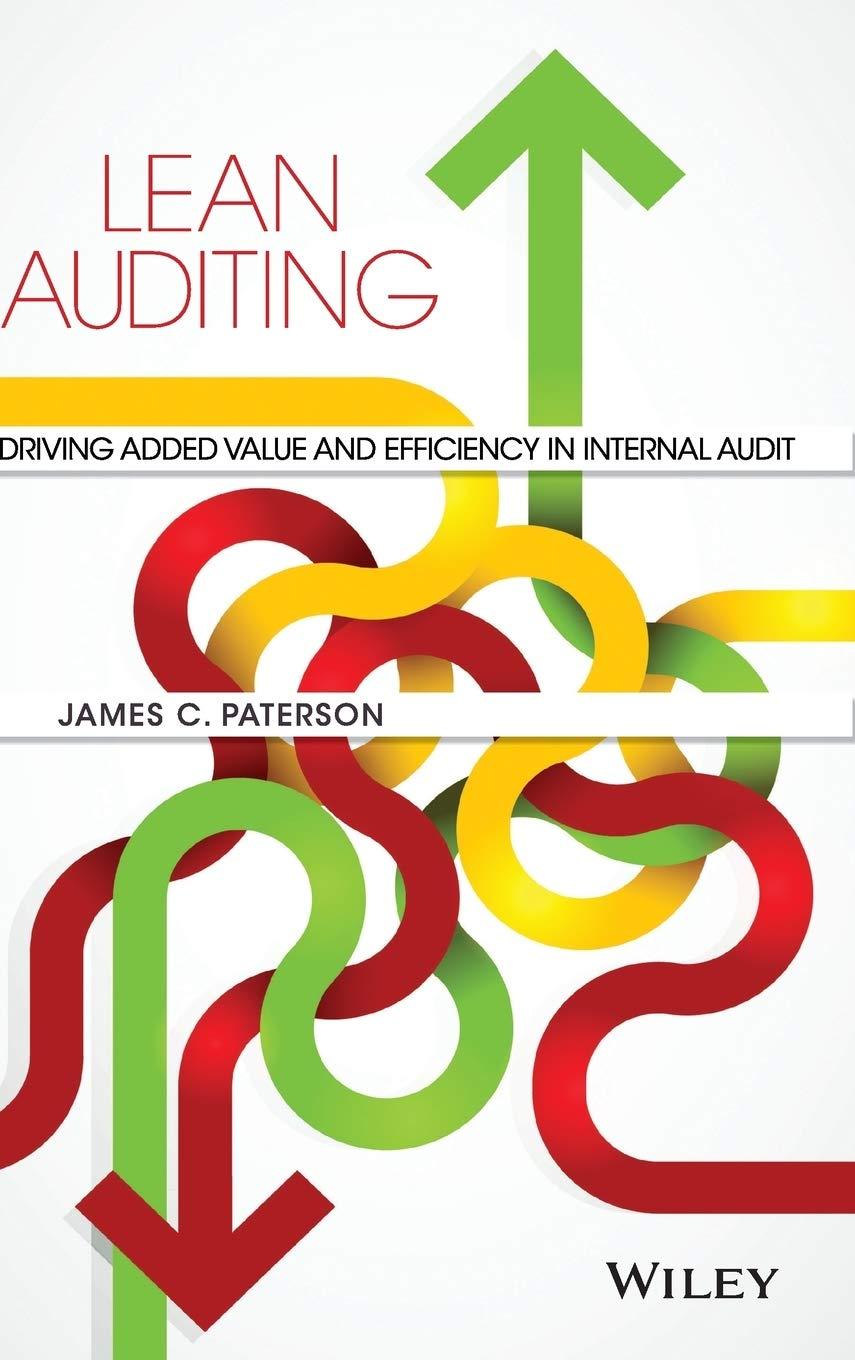Question
CalDev Associates, Inc., a property development firm, purchased in 2010 a large old house near a town square in Concord. The old house was built
CalDev Associates, Inc., a property development firm, purchased in 2010 a large old house near a town square in Concord. The old house was built in the late-1960s and the CalDev Associates restored it. For more than a decade, the company has leased the house to the nearby college for academic office space. The house is located on a wide lawn and has become a town landmark.
However, in 2018 the lease with the college was expiring, and CalDev Associates decided to build a hotel that would use all of the open space. The community was outraged and complained to the city council. One of the citys supervisors spoke with a representative from CalDev and hinted that if the company requested a permit, there was a fairly high chance that it would be rejected.
The top management at CalDev Associates had a series of meetings to review their alternatives. Eventually, they came up with three options: sell the property, request a permit to build a five-star hotel; or request a permit for an office building which would be, according to the citys supervisor, more appropriate for the city.
The management estimated that they could sell the property for $2.1 million. They also came to a
conclusion that the hotel permit had a chance of 0.25 for being approved. If this happened and the citys economic growth would continue (according to the city council estimate, the chance is 0.6), the company would earn $3.4 million. In case of the declined economic activity (the chance is 0.4), CalDev would earn only $1.6 million. If the hotel permit is rejected (a chance is 0.75), the company could sell the property again for the same amount of money ($2.1 million), or lease it back to the college for $2.4 million, or request a new permit for the office building. If this permit is approved (the chance was estimated to be 0.7), CalDev could earn $2.9 million assuming the economic growth in the city, and $1.3 million in case of economic decline. If the permit for the office building is rejected (a chance is 0.3), CalDev could sell the property for $2.1 million or lease to the college for $2.4 million.
CalDev Associates could request the permit for the office building from the start with the same consequences (probabilities and earnings) as those described above. The office building permit may be approved with the subsequent possible economic growth or decline in the city, or rejected with the subsequent selling or leasing of the property.
Each permit for building the hotel or for the office building would cost CalDev $300,000 for architectural design, drawings, submission fees, etc.
CalDev Associates, Inc., a property development firm, purchased in 2010 a large old house near a town square in Concord. The old house was built in the late-1960s and the CalDev Associates restored it. For more than a decade, the company has leased the house to the nearby college for academic office space. The house is located on a wide lawn and has become a town landmark.
However, in 2018 the lease with the college was expiring, and CalDev Associates decided to build a hotel that would use all of the open space. The community was outraged and complained to the city council. One of the citys supervisors spoke with a representative from CalDev and hinted that if the company requested a permit, there was a fairly high chance that it would be rejected.
The top management at CalDev Associates had a series of meetings to review their alternatives. Eventually, they came up with three options: sell the property, request a permit to build a five-star hotel; or request a permit for an office building which would be, according to the citys supervisor, more appropriate for the city.
The management estimated that they could sell the property for $2.1 million. They also came to a
conclusion that the hotel permit had a chance of 0.25 for being approved. If this happened and the citys economic growth would continue (according to the city council estimate, the chance is 0.6), the company would earn $3.4 million. In case of the declined economic activity (the chance is 0.4), CalDev would earn only $1.6 million. If the hotel permit is rejected (a chance is 0.75), the company could sell the property again for the same amount of money ($2.1 million), or lease it back to the college for $2.4 million, or request a new permit for the office building. If this permit is approved (the chance was estimated to be 0.7), CalDev could earn $2.9 million assuming the economic growth in the city, and $1.3 million in case of economic decline. If the permit for the office building is rejected (a chance is 0.3), CalDev could sell the property for $2.1 million or lease to the college for $2.4 million.
CalDev Associates could request the permit for the office building from the start with the same consequences (probabilities and earnings) as those described above. The office building permit may be approved with the subsequent possible economic growth or decline in the city, or rejected with the subsequent selling or leasing of the property.
Each permit for building the hotel or for the office building would cost CalDev $300,000 for architectural design, drawings, submission fees, etc.
Step by Step Solution
There are 3 Steps involved in it
Step: 1

Get Instant Access to Expert-Tailored Solutions
See step-by-step solutions with expert insights and AI powered tools for academic success
Step: 2

Step: 3

Ace Your Homework with AI
Get the answers you need in no time with our AI-driven, step-by-step assistance
Get Started


